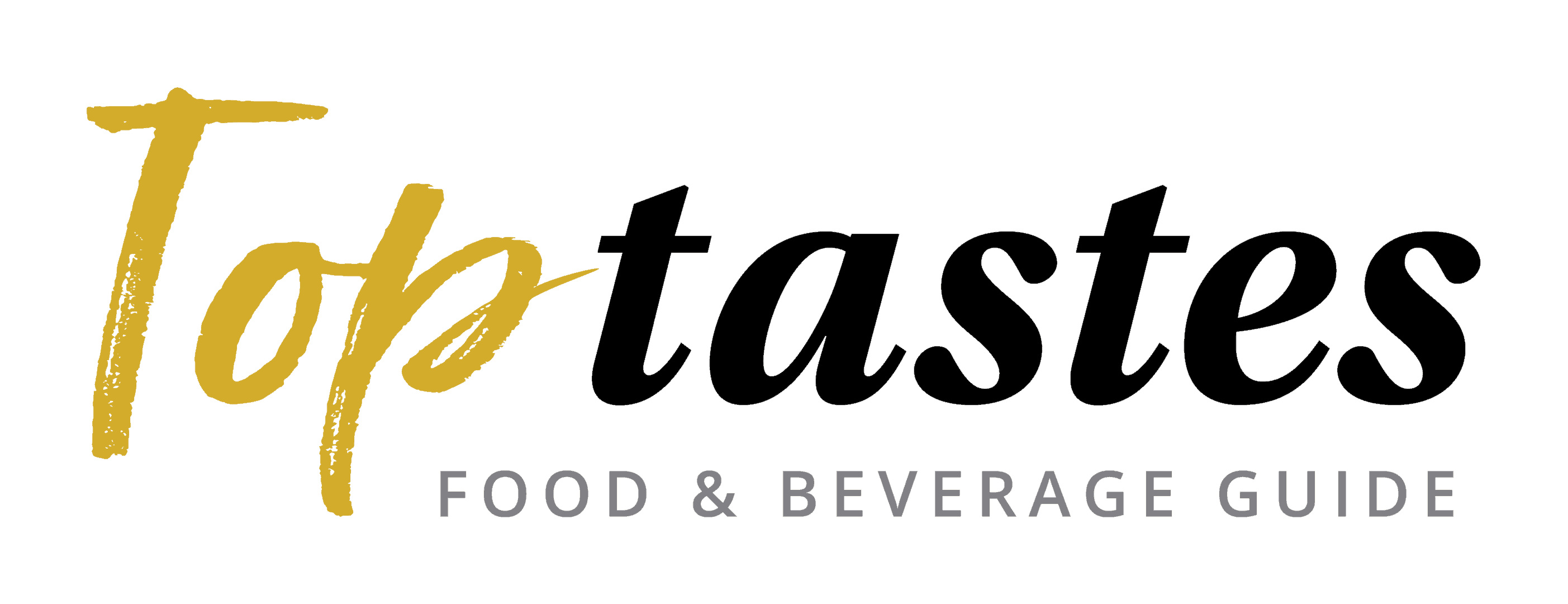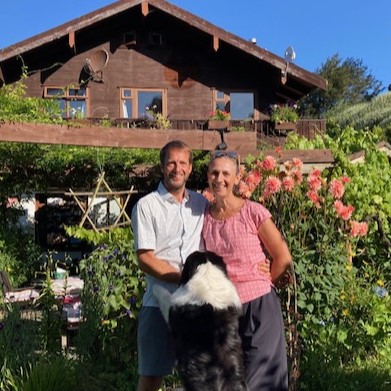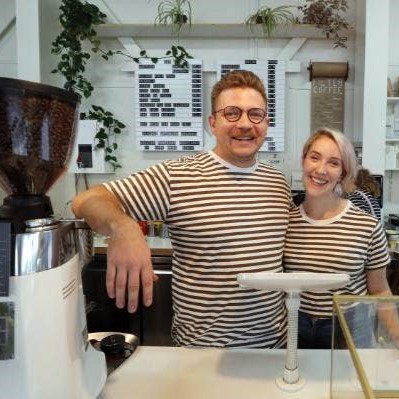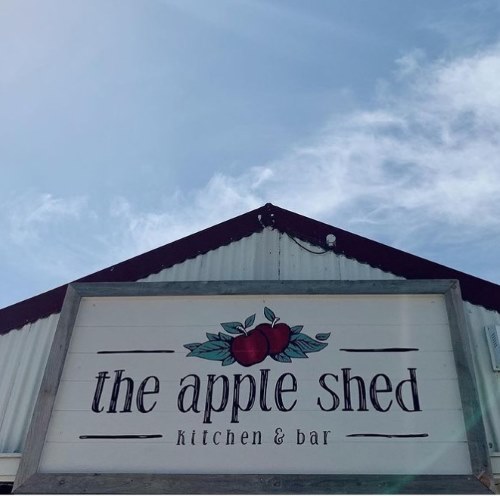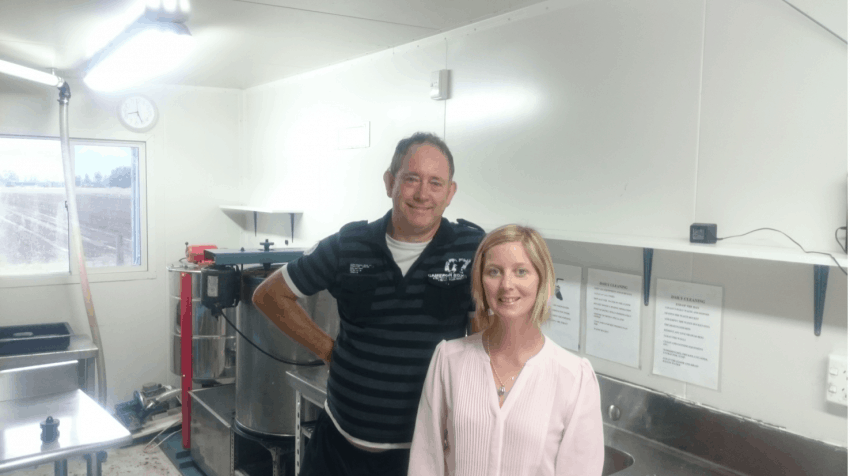
Applebee Honey – Published Nelson Mail 19.01.16
When I was in the garden over the weekend I noticed honey bees swarming over our herb plants that have flowered and that got me thinking about the importance of honey bees not just for making honey but in pollinating many of the crop foods we consume without thinking about the importance of the little working buzzing around our gardens.
Our most common interaction with the honey bee is consuming the honey they produce and this consumption is changing from just spreading it on our toast in the morning to using some honeys for medicinal purposes and to making money from it as a premium export product, particularly in Asian countries.
Garry Davis is one local producer who has moved from having a few bee hives and sending the honey to a processor to building a significant business with his own certified honey processing facility and is producing specialty products like propolis and is developing new cosmetic products too.
I first met Garry Davis more than 35 years ago and have had many long conversations with him over the years about all sorts of things, he is one of those hard working Kiwis who has a trade qualification and an incredible capacity to work long hard hours.
He initially followed in his father’s footsteps when he joined the family furniture making business, Davis Furniture, that was located in Gloucester St. The furniture making qualification and experience has been part of most things he has done in his working life, be it setting up his own joinery business or producing products for The Warehouse back in the days New Zealand made products were an important part of their product range or getting the rights to sell Disney posters and setting up a factory making frames to put the posters in and selling them at markets all around New Zealand.
Before his latest venture he and his wife owned the Wakefield Hotel for a number of years, turning it into a real community hub. If he thought running a pub was long hours and hard work it was only an introduction to the hours producing fine honey takes.
Garry produces honey under the label Applebee Honey and is another example of his ability to recognise an opportunity and work very hard to make the most of it. Garry says he has “had a few weeks off over the Christmas period and was only working about 20 hours a week but the hard work is about to start as the honey season really kicks off.”
Because he does everything from making and maintaining his hives (over 300 of them) to gathering and processing the honey “12 hour days aren’t uncommon when you take into account the health and export compliance paperwork as well all the other things a small business owner has to do so my sister-in-law, Jess Breeze who is a registered nurse, is now working for me and she will be taking care of the honey extraction and all of the compliance work so I can focus more on the hives and spend a bit more time with my young daughters”.
He drives to hive sites all across the top of the South Island and has some premium sites that produce the highly prized Manuka honey, “we don’t talk about where these hives are because in some areas theft of hives is quite common, luckily we haven’t had any stolen yet. We have to manage things like disease risk too, American Foul Brood has been around for decades and can destroy hives quite quickly so we have to manage that. Cleanliness is really important and producing honey is more than just having a bee hive.”
If you look at the shelves in your local supermarket or food seller you will be surprised just how many flavour choices you have these days when you want a pot of honey, everything from bush honey, clover honey, berry honey, rata honey and of course Manuka honey.
Honey has been known for its medicinal properties for thousands of years and while there is no conclusive research-based evidence of its effectiveness the topical application of honey to wounds has proven effective over centuries and it is believed this is due to honey offering antibacterial properties while maintaining moisture in the wound and its high viscosity helps to provide a protective barrier to prevent infection.
With a total production of about 30 tonnes of honey Applebee Honey is a small sized producer in New Zealand and as Garry says “when you sell the honey to someone else they put their mark-up on it and we certainly don’t get the amount of money the premium Manuka Honeys sell for in Asia, the UK and the US so it made sense for us to invest in our own certified facility so we can do as much as we can and work towards eventually making more money from our relatively small production by adding value and having a range of specialty products.”
You can’t build a successful business without hard work and producing honey is labour intensive, involves moving lots of heavy honey hives, driving hundreds of kilometres each month and working long hours; I am not surprised Garry is a successful honey producer, I just shake my head when he talks, with his usual cherry smile, about the hard physical work he does as if it is what everyone does.
